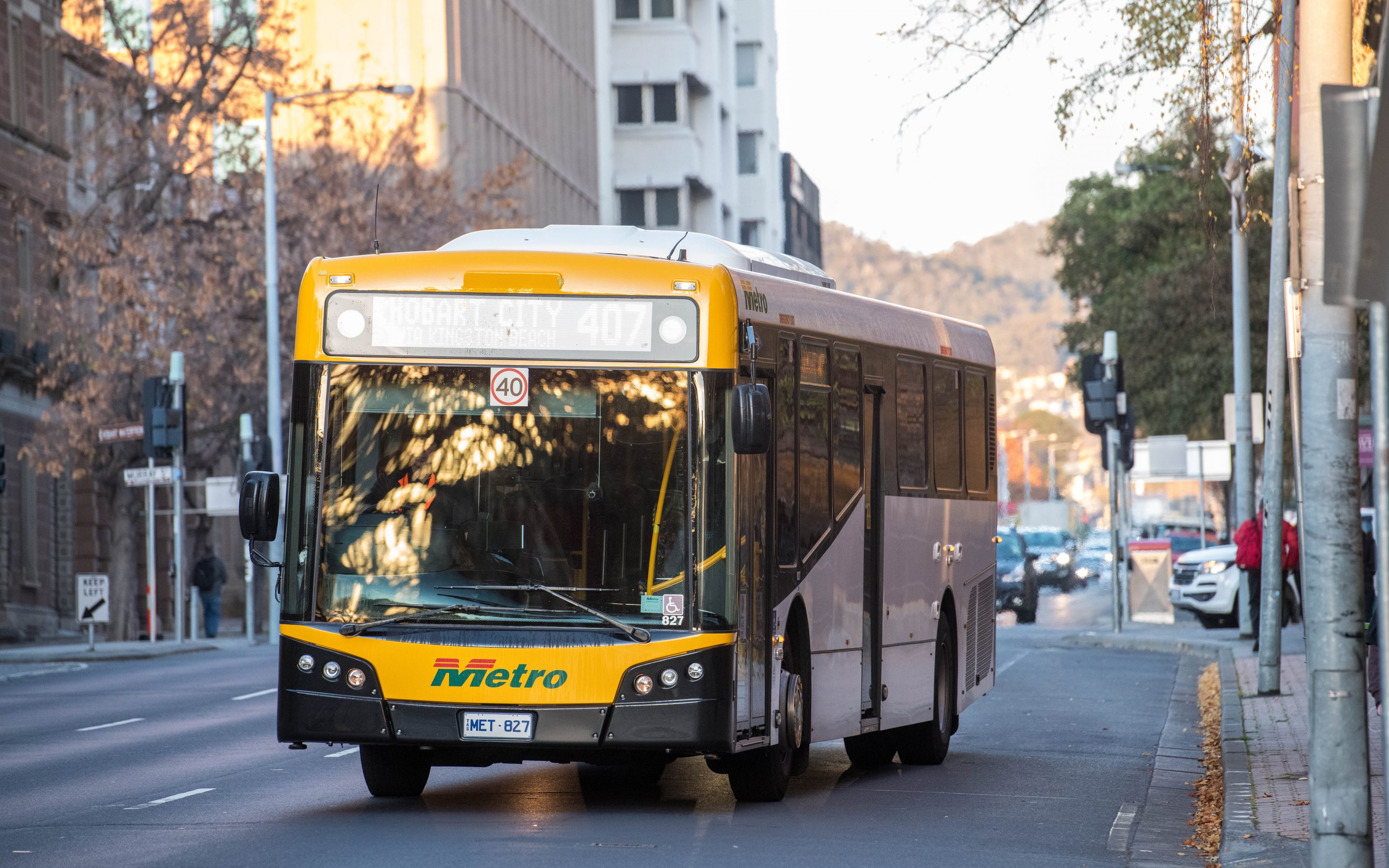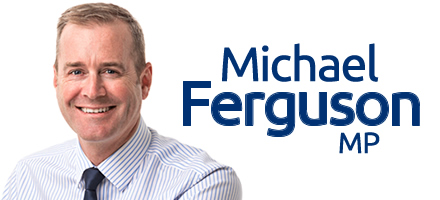The Tasmanian Liberal Government remains focussed on matters Tasmanians really care about.
To alleviate the impact of current higher fuel prices, all public bus travel across the state will be free for five weeks – starting on Monday March 28.
The Tasmanian Government will foot the bill for this initiative, which has the dual purpose of supporting family budgets and encouraging commuters to switch from private car travel to public transport.
While higher fuel prices are due to global fuel market uncertainty, we understand the impact it is causing on cost of living pressures.
The Tasmanian Government heavily subsidises Metro and other private providers of public transport around the state. At this point, we see a temporary, highly attractive measure such as free bus travel as one option the Tasmanian Government can activate to ease cost of living pressures.
Importantly, it also encourages Tasmanians who aren’t already in the habit of catching buses to give them a try and enjoy the convenience and price advantage.
Congestion is assisted by this type of successful public transport “mode shift”.
Fares will be free across all operators – school buses and general access buses – and across all fare types (adult, concession and students). The incentive starts on Monday 28 March and runs until the end of April.
Our heavily subsidised fares are already attractive when compared to the cost of running, insuring, maintaining and parking cars. However with this special incentive, this means an adult travelling on a Metro urban zone 1 trip will save $5.60 a day. Travellers from Sorell to Hobart can save $15.20 on a return trip, travellers from Westbury to Launceston will pocket a benefit worth $22.80, and Port Sorell to Devonport $27.80 for return trips.
Better still, bus passengers can read a book or do some work while travelling, and not have to worry about finding a place to park at the end of journey.
The Government will ask Public Transport operators to monitor and assess services during this special initiative due to the potential for significant new demand. We also thank passengers in advance for their patience if their preferred service becomes busy, particularly during peak periods.



That sounds great but a 50% fare reduction for say double the time ( 10 weeks) would cost the Gov the same amount and I reckon get more public interest and bums on bus seats.